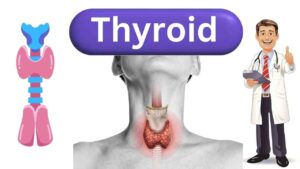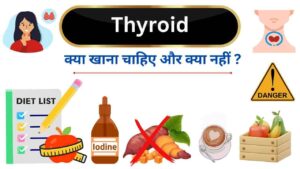
निरोगिकाया : जियो Healthy
मैं डॉ पारितोष त्रिवेदी आप सभी का निरोगिकाया वेबसाईट पर हार्दिक स्वागत करता हूँ !
निरोगिकाया वेबसाईट पर हमने डायबिटीज, हाई ब्लड प्रेशर , थाइरॉइड, कैंसर, अस्थमा, टीबी, कोरोना जैसे अनेक रोगों के कारण, लक्षण, उपचार और बचाव की जानकारी लिखी हैं। इसके साथ ही इस वेबसाईट पर योग, आयुर्वेद और गर्भावस्था जैसे अनेक स्वास्थ्य विषयों पर 500 से ज्यादा लेख सरल हिन्दी भाषा मे उपलब्ध हैं।
नए स्वास्थ्य लेख
योग और आयुर्वेद
डायबिटीज
हृदय रोग
मोटापा
थाइरॉइड
Web Stories
विविध रोगों की जानकारी
एक निवेदन
इस ब्लॉग पर दी हुई किसी भी स्वास्थ्य जानकारी को अमल में लाने के पहले अपने डॉक्टर की सलाह अवश्य लेना चाहिए। यहाँ पर दी हुई स्वास्थ्य जानकरी का मकसद, लोगो में स्वास्थ्य संबंधी जागरूकता निर्माण करना हैं। यहाँ पर दी हुई जानकारी का उपयोग स्वयं का या किसी अन्य का डॉक्टर की सलाह के बगैर उपचार करने के लिए न करे।





























